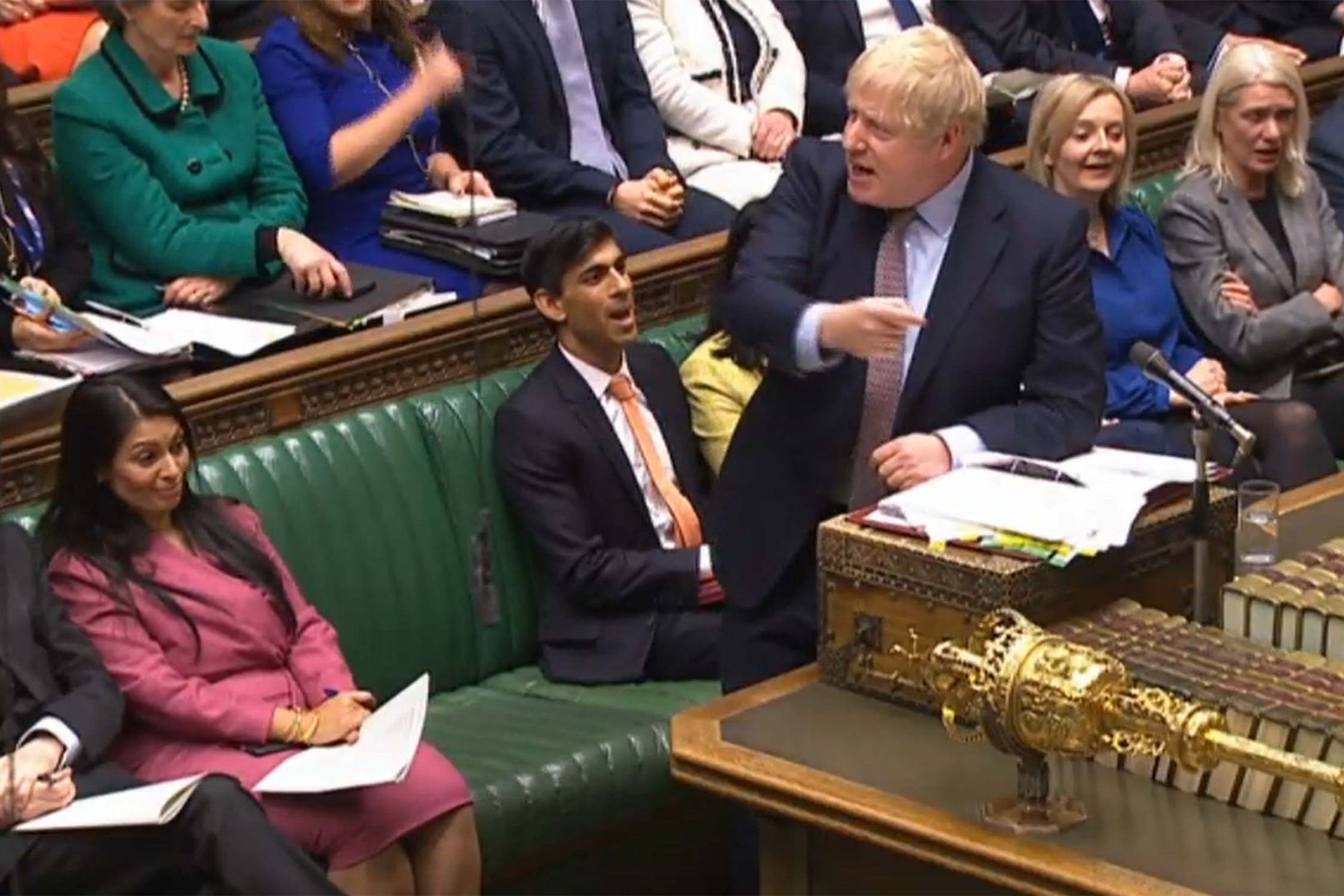Described as a “litmus test” on the climate crisis, the Budget today will have to break with the past quite dramatically to show ministers are serious about taking action.
The Committee on Climate Change, the statutory body that advises the UK government on its climate change policy, says the UK is on course to miss its next milestone and that “policy ambition and implementation now fall well short of what is required”.
There’s another problem: that milestone is for the old target, an 80 per cent reduction in emissions by 2050, rather than the new one of net zero by the same date. Britain is even further behind on the new target.
As the CCC said: “Tougher targets do not themselves reduce emissions.” The Institute for Public Policy Research’s Environmental Justice Commission called this week for an extra £33bn a year to help meet the target – something of at least this scale is required.
But the government could at least start by undoing some of the damage it has done over the past decade.
It has been trailed that the ban on subsidies for onshore wind – the cheapest renewable energy – could finally be lifted, after being introduced by David Cameron to try to win back Ukip voters.
That would be a start. But to even be taken semi-seriously on the issue, the government would have to end the fuel duty freeze – a policy that has cost the UK a lost decade on the climate.
The falling fuel prices to shore up political support for the Conservative Party essentially cost the Treasury £50bn and produced an estimated extra 4.5 million tons of CO2 by incentivising driving over public transport. Congestion has been rising and bus patronage has been falling.
Environmentalists are expecting some of the worst excesses of the government’s climate policy can be curbed. Red diesel rebate, effectively a government subsidy for one of the most polluting fuels for certain applications, has been rumoured to face the axe.
The longstanding tax rebate is bizarre in an environmental context, given the same administration refused to subsidise many of the most practical renewables.
The UK has reduced its emissions quite sharply in recent years, but that is almost all to do with the phase-out of coal power – a one-off trick that can’t be repeated. The government can take some credit here by raising the price of carbon and setting an end date to the industry.
And yet, as the CCC underscored, the relative success in transforming power generation is still far from enough to meet the targets. The chancellor will have to pull something out of his hat quickly to avoid failing the climate.
As the Committee on Climate Change warned in its report to parliament last year: “The central premise of the Climate Change Act is that the government of the day holds the responsibility to act to protect future generations. This principle is at risk if the priority given to climate policy is not substantially increased over the next year and the next government spending review.”


Join our commenting forum
Join thought-provoking conversations, follow other Independent readers and see their replies
Comments